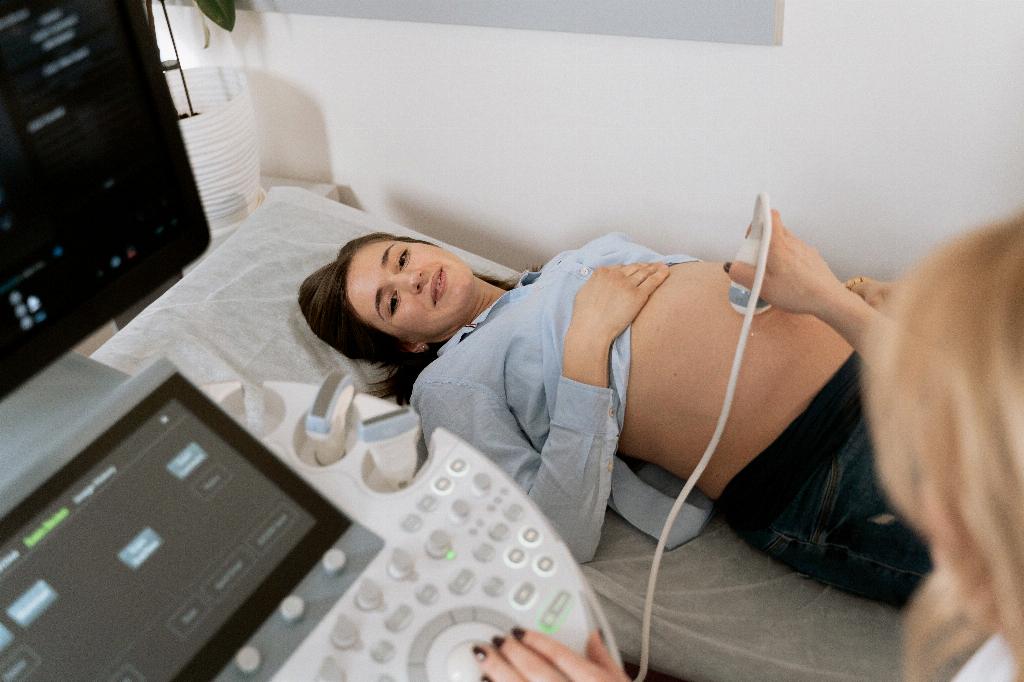When it comes to the impact of matcha on fertility, there are various viewpoints and assertions floating around. Some individuals believe that consuming matcha can potentially disrupt reproductive hormones and affect fertility. While it is true that green tea, including matcha, does contain compounds that have the potential to influence hormone levels, the scientific evidence supporting a direct correlation between matcha consumption and fertility issues remains inconclusive.
One of the primary concerns regarding matcha’s effect on fertility revolves around its potential to interfere with hormonal balance. Hormones play a crucial role in regulating the reproductive system, and any disruption to this delicate equilibrium can have implications for fertility. However, the specific impact of matcha on these hormones and its subsequent influence on fertility outcomes are still under investigation.
It is important to acknowledge that individual responses to matcha consumption can vary significantly. Factors such as overall health status, existing medical conditions, lifestyle choices, and genetic predispositions can all contribute to how the body reacts to matcha’s bioactive components. Therefore, it is essential to consider these factors when examining the relationship between matcha and fertility.
While anecdotal evidence and traditional beliefs may suggest a link between matcha and fertility issues, it is crucial to rely on scientific research to draw definitive conclusions. Current studies on the subject are limited and often lack consensus, making it challenging to provide a definitive answer to the question of how matcha affects fertility.
Furthermore, the body’s ability to metabolize and utilize the compounds present in matcha can vary from person to person. This variability can further complicate efforts to establish a clear connection between matcha consumption and fertility outcomes. As a result, caution should be exercised when interpreting claims about the effects of matcha on fertility.
It is worth noting that matcha is a rich source of antioxidants, vitamins, and minerals that are beneficial for overall health and well-being. These nutrients can support various bodily functions, including reproductive health. While the direct impact of matcha on fertility may not be definitively proven, its nutritional profile can contribute to a healthy lifestyle that supports reproductive wellness.
Individuals who are concerned about the potential effects of matcha on fertility should consult with healthcare professionals for personalized guidance. Medical experts can provide tailored advice based on individual health profiles and assist in assessing the potential risks and benefits of consuming matcha in relation to fertility.
Ultimately, the relationship between matcha and fertility is a complex and multifaceted issue that warrants further research and exploration. As scientific understanding of the mechanisms underlying fertility continues to evolve, more insights into the potential impact of matcha on reproductive health may emerge.
In conclusion, while the debate on how matcha affects fertility persists, it is essential to approach the topic with a critical and evidence-based mindset. By staying informed and seeking guidance from healthcare professionals, individuals can make informed decisions about incorporating matcha into their diet while considering its potential implications for fertility.

